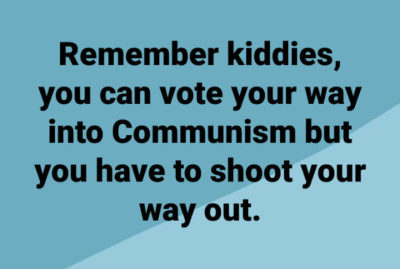Bootleggers and Baptists (B&B) is useful as a concept for explaining how political coalitions lower the cost of lobbying and raise lobbying effectiveness. It often happens different pressure groups, apparently having little in common, may join forces. Together they pursue targets they share. Each acts for its own reasons.
The fundamental discussion in academic settings is the case of Baptists and Bootleggers. Baptists advocate for Sunday closing laws for bars and liquor stores on religious grounds. Bootleggers too see these laws as useful in reducing competition from legal liquor sellers. Both groups can find an advantage in limiting legal alcohol sales.
In the legislative-regulatory process, Baptists provide the moral high ground. They are useful in the argument in favor of regulation. Baptists make the regulation more socially acceptable. They lower the cost of reaching consensus. They reduce the cost of political transactions.
Bootleggers lobby policymakers behind closed doors. They provide political support both financial and electoral. The regulation is morally acceptable to the Baptists and creates a window of opportunity for the bootleggers.
On the other hand, bootleggers support Sunday closings laws because it directly benefits them. They would not support a ban on drinking alcohol. These regulations do not aim at correcting some potential market failure. They aim at restricting competition. Baptists care about the intention of the regulation. Bootleggers care about the effects of the regulation.
Rents, fertile areas and characteristic behaviors
Now, let’s talk about political entrepreneurship. Political entrepreneurship is the activity of maximizing profits by seeking political rents. The organization seeks political rents rather than providing valuable products in the market place.
B&B helps us understand real life regulatory processes. Environmental regulation is fertile ground for the use of Baptists and Bootleggers theory. It is an area where interaction between vested interests and non-governmental organizations can be readily observed.
Whether it is fuel economy standards, carbon control, or nuclear waste management Baptists and Bootleggers theory is present and in action. International trade, tobacco, marijuana and timber are other areas rife with Baptists and bootleggers synergies.
Baptists and Bootleggers theory says the probability of adoption of legislation will increase when the supporting groups exhibit the Baptists and Bootleggers characteristics.
So, how do these groups interact with each other? There are four likely interactions. Often the groups interact covertly. The bootleggers dress like Baptists. They hide their goals behind public interest. Sometimes the groups are non-cooperative. They may act independently without any form of cooperation.
More often the groups are cooperative. They develop conscious cooperation by recognizing their mutual interests. Finally the groups may coordinate. This most often happens when a policy maker kick starts a debate on a new proposal for regulation. This creates an opportunity for Baptists and Bootleggers.
Bootleggers and Baptists is a concept explaining how political coalitions interact to get things done. It helps to grasp the basics when trying to understand the sausage making that creates regulation and law. Nothing in the political world is ever exactly what it may at first appear. It is always important to know the issues and the players. Then you are better equipped to anticipate the permutations of possible cooperative and competing influences.
